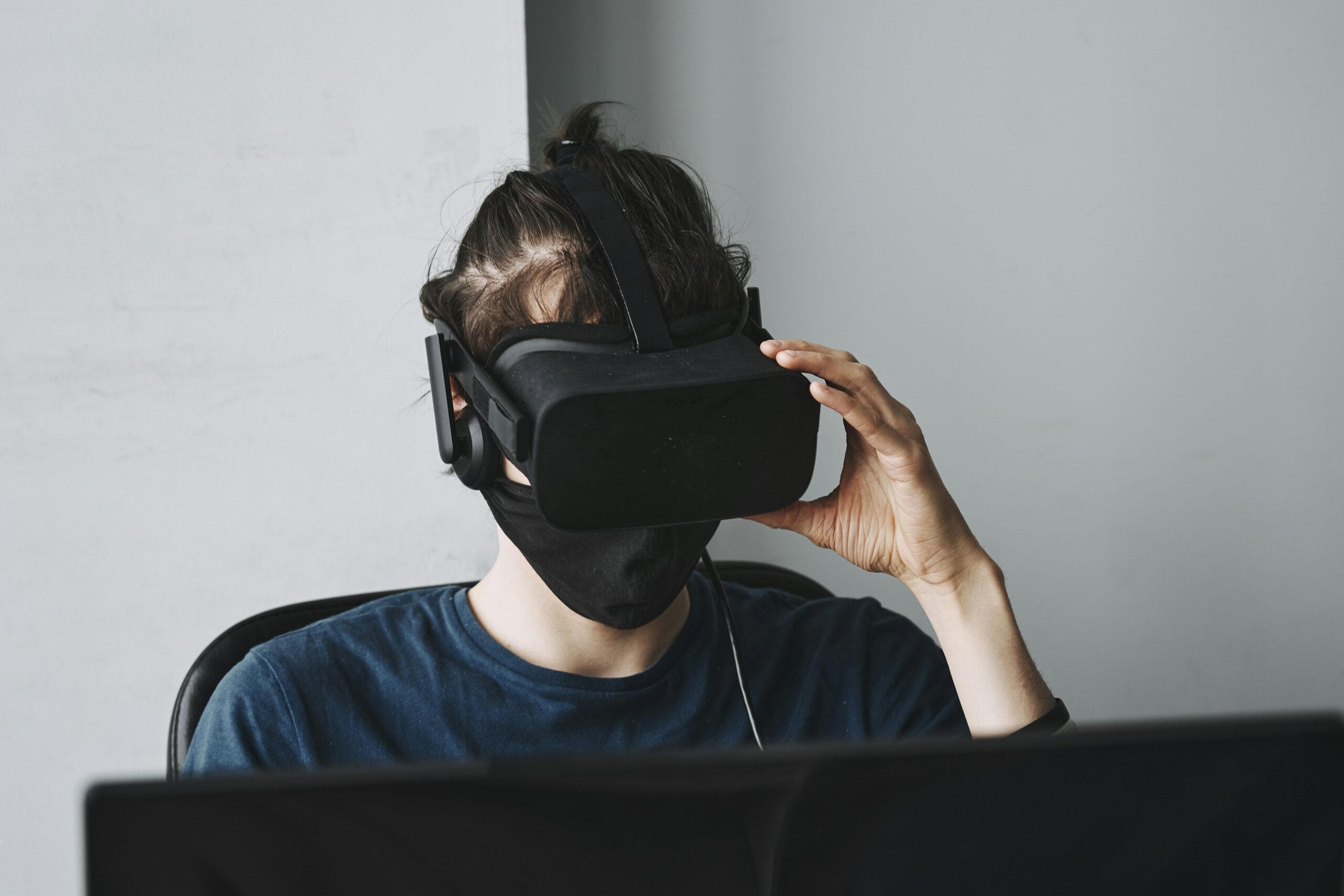How accurate are AI-based mental health diagnosis tools?
The Role of AI in Mental Health Care
导言
The integration of Artificial Intelligence (AI) in 心理保健 is transforming the way we understand and treat mental well-being. This comprehensive guide explores the significant role AI plays in mental health care, offering readers valuable insights into its benefits, practical applications, and potential limitations. As technology continues to evolve, so does its ability to enhance mental health services and support clinicians worldwide.
Benefits of AI in Mental Health Care
AI brings numerous advantages to the field of mental health care. Here are some key benefits:
- Early Detection: AI algorithms can analyze large sets of data to identify early signs of mental health issues, leading to timely intervention.
- Personalized Treatment: AI systems can tailor treatment plans to individual needs, improving the efficacy of therapies and medications.
- Access to Care: AI-powered tools, such as chatbots and virtual therapists, provide support and counseling to those unable to access traditional therapy.
- Efficiency for Clinicians: AI allows clinicians to streamline administrative tasks and focus more on 病人护理 by providing data-driven insights and automation.
Practical Applications of AI in Mental Health Care
The practical applications of AI in mental health care are vast and varied. Below are some noteworthy examples:
| 应用 | 说明 |
|---|---|
| Diagnostics Tools | AI algorithms analyze patient data to provide accurate diagnoses and predict potential mental health issues. |
| Virtual Therapy | AI-powered chatbots and virtual therapists offer immediate, accessible counseling and support. |
| Telehealth Platforms | Advanced telehealth platforms use AI to connect patients with therapists remotely for real-time sessions. |
| Mood Monitoring Apps | AI-driven apps track mood changes and patterns, providing insights for both patients and therapists. |
Case Study: Woebot
Woebot is an AI-powered chatbot designed to help individuals manage mental health issues. By using natural language processing (NLP), Woebot engages users in conversations, providing support and evidence-based therapeutic techniques. A study published in JMIR Mental Health found that users who interacted with Woebot experienced a significant reduction in symptoms of depression and anxiety.
Practical Tips for Implementing AI in Mental Health Care
For clinicians and health care providers looking to incorporate AI into their practice, here are some practical tips:
- 从小事做起 Begin with a single AI tool or application to integrate into your practice before expanding.
- Focus on Training: Ensure your team receives adequate training to effectively use AI tools and interpret their results.
- Maintain Human Touch: Use AI to complement, not replace, human interaction in therapy and counseling sessions.
- Regularly Review Outcomes: Continuously monitor patient outcomes and feedback to evaluate the effectiveness of AI tools.
Limitations and Ethical Considerations
While AI offers numerous benefits, it also presents certain limitations and ethical concerns. These include:
- Data Privacy: Ensuring patient data is securely stored and protected from breaches.
- Bias in Algorithms: Addressing potential biases in AI algorithms that may affect diagnosis and treatment.
- Reliability: Ensuring AI systems provide accurate and consistent results.
- Regulatory Compliance: Adhering to healthcare regulations and guidelines when implementing AI tools.
结论
AI is revolutionizing mental health care by providing innovative solutions for early detection, personalized treatment, and broader access to care. As technology continues to evolve, it is crucial to address its limitations and ethical considerations while leveraging its potential benefits. By integrating AI thoughtfully and cautiously, we can enhance mental health care and improve outcomes for patients worldwide.
